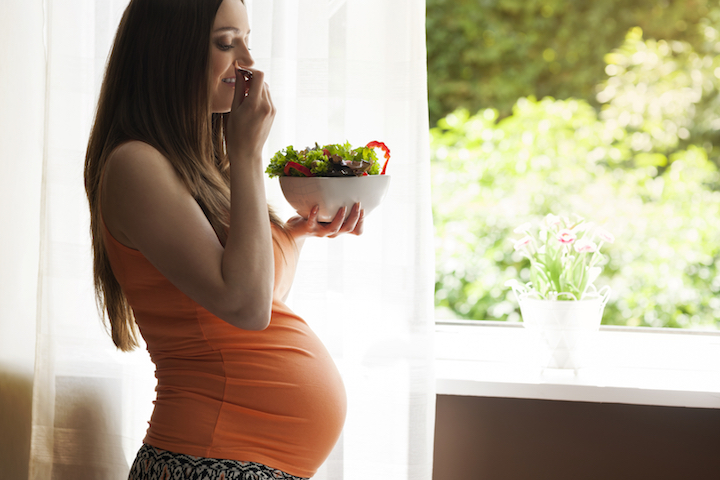Things to Do During Pregnancy to Help Your Child’s Oral Development

When you are pregnant it seems as though everyone has some sort of advice to share with you. What to eat or not to eat, how to prevent stretch marks, how to ward of morning sickness – you name it and someone probably has advice on how to deal with it. But what pregnant women never hear too much about is things that they should do during their pregnancy to help with their child’s future oral development.
When you are constantly being bombarded and told eat this or don’t eat that; do this or don’t do that it can be difficult to keep the do’s separate from the don’ts. Believe it or not, making the right choices when it comes meal time is critical to providing your new baby with the vitamins and nutrients he/she needs to develop properly, including oral development.
Here are a few things that you can do to help ensure a healthy oral development for your new baby.
- Eat foods high in calcium. Eating a calcium rich diet is essential to providing your own body and subsequently your baby’s body with what it needs to develop strong and healthy bones – including teeth. Think yogurt, cheese (be sure you follow the guidelines on what cheeses are okay for pregnant women to eat), and milk.
- Take a prenatal vitamin. Pregnant women need a specific number of certain vitamins and nutrients to grow a healthy baby. For instance, a healthy adult pregnant women (over the age of 18) requires 1,000 mg of calcium and 27 mg of iron. Prenatal vitamins are specially formulated to provide pregnant women with just the right combination of vitamins and nutrients they need to help their baby develop properly.
- Vitamin D. Your and your baby’s body need vitamin D to develop strong and healthy bones. The current recommendation for a healthy pregnant women is 600 international units (IU) a day. Talk with your doctor about how you can increase your vitamin D intake.
- Drink plenty of water. The benefits of drinking plenty of water during pregnancy cannot be stressed enough. Not only will it help to prevent dehydration, but it is helps your baby to grow healthy and strong – this includes contributing to healthy oral development. The Institute of Medicine recommends that a healthy pregnant adult get at least 10 cups of water each day. Keep in mind though that how much water your body needs depends on many factors including activity level, weather, health concerns and your weight.